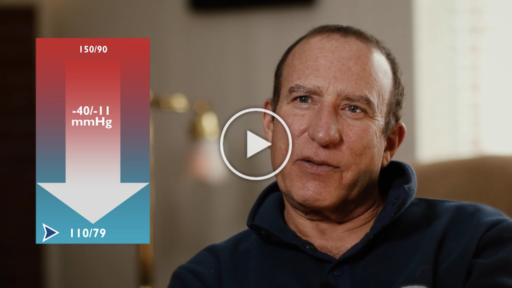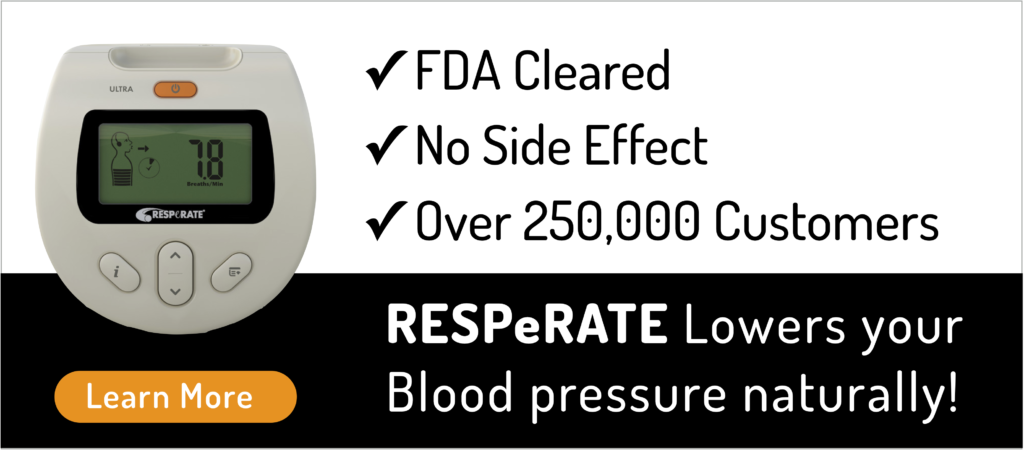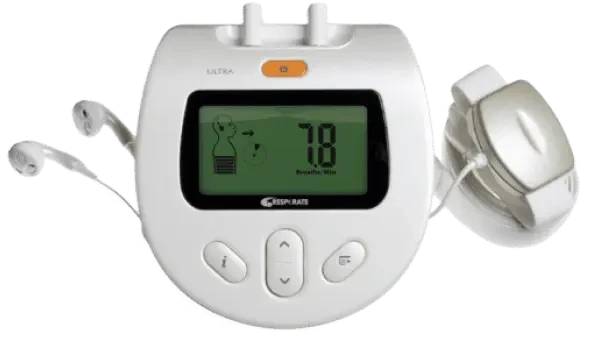Insomnia, the restless enemy of a good night’s sleep, affects millions of people worldwide. From tossing and turning to staring at the ceiling in frustration, the impact of insomnia can be both physically and mentally debilitating. In this article, we delve into the depths of insomnia, exploring its causes, symptoms, and the detrimental effects it has on our well-being. Moreover, we will provide practical strategies and lifestyle changes that can help combat insomnia and restore peaceful slumber.
Understanding Insomnia
Insomnia is a sleep disorder characterized by difficulty falling asleep, staying asleep, or experiencing non-restorative sleep. It can be classified into two types: acute and chronic. Acute insomnia is short-term and often caused by specific life events, such as stress, travel, or illness. On the other hand, chronic insomnia lasts for at least three nights a week for three months or more and is usually associated with underlying medical or psychiatric conditions.
The Causes and Symptoms of Insomnia
Causes of Insomnia:
- Psychological Factors: Anxiety, depression, and chronic stress are common contributors to insomnia.
- Lifestyle Habits: Poor sleep hygiene, irregular sleep schedule, excessive caffeine or alcohol intake, and smoking can disrupt sleep patterns.
- Medical Conditions: Chronic pain, respiratory disorders, hormonal imbalances, and neurological conditions like restless leg syndrome can all contribute to insomnia.
- Medications: Certain medications, such as those for allergies, asthma, and high blood pressure, can interfere with sleep.
Symptoms of Insomnia:
- Difficulty falling asleep despite feeling tired.
- Frequent awakenings throughout the night.
- Waking up too early and being unable to fall back asleep.
- Non-restorative sleep, leading to daytime fatigue, irritability, and poor concentration.
The Detrimental Effects of Insomnia
Insomnia can have a profound impact on our physical and mental well-being. The consequences of chronic sleep deprivation include:
- Impaired cognitive function: Lack of sleep affects memory, attention, and problem-solving abilities, making it difficult to focus and perform daily tasks.
- Mood disturbances: Insomnia often leads to irritability, anxiety, and depression, exacerbating existing mental health conditions.
- Weakened immune system: Chronic sleep deprivation can suppress immune function, making individuals more susceptible to infections and diseases.
- Increased risk of accidents: Sleep-deprived individuals are more prone to accidents and errors, both at home and in the workplace.
Strategies for Overcoming Insomnia
Sleep Hygiene: Establish a regular sleep schedule, create a sleep-friendly environment (dark, quiet, and comfortable), limit caffeine and alcohol consumption, and avoid electronic screens before bed.
Relaxation Techniques: Engage in activities that promote relaxation, such as deep breathing exercises, progressive muscle relaxation, meditation, or yoga, before bedtime.
Cognitive Behavioral Therapy for Insomnia (CBT-I): CBT-I focuses on identifying and changing negative thoughts and behaviors related to sleep. It helps develop healthier sleep habits and manage stress effectively.
Healthy Lifestyle Habits: Regular exercise, a balanced diet, and limiting daytime napping can contribute to better sleep quality.
Seeking Professional Help: If self-help strategies do not improve sleep, consulting a healthcare professional can be beneficial. They may recommend medication or further investigations to identify and treat underlying medical or psychiatric conditions.
Conclusion
Insomnia is a widespread sleep disorder that can wreak havoc on our physical and mental well-being. By understanding its causes and symptoms, we can implement effective strategies to overcome it. By prioritizing good sleep hygiene, practicing relaxation techniques, adopting healthy lifestyle habits, and seeking professional help when necessary, we can reclaim restful nights and wake up refreshed, ready to take on the day. Remember, a good night’s sleep is not a luxury but a vital component of a healthy and fulfilling life.

 Eli Ben-Yehuda
Eli Ben-Yehuda 












 Download Brochure
Download Brochure
Comments